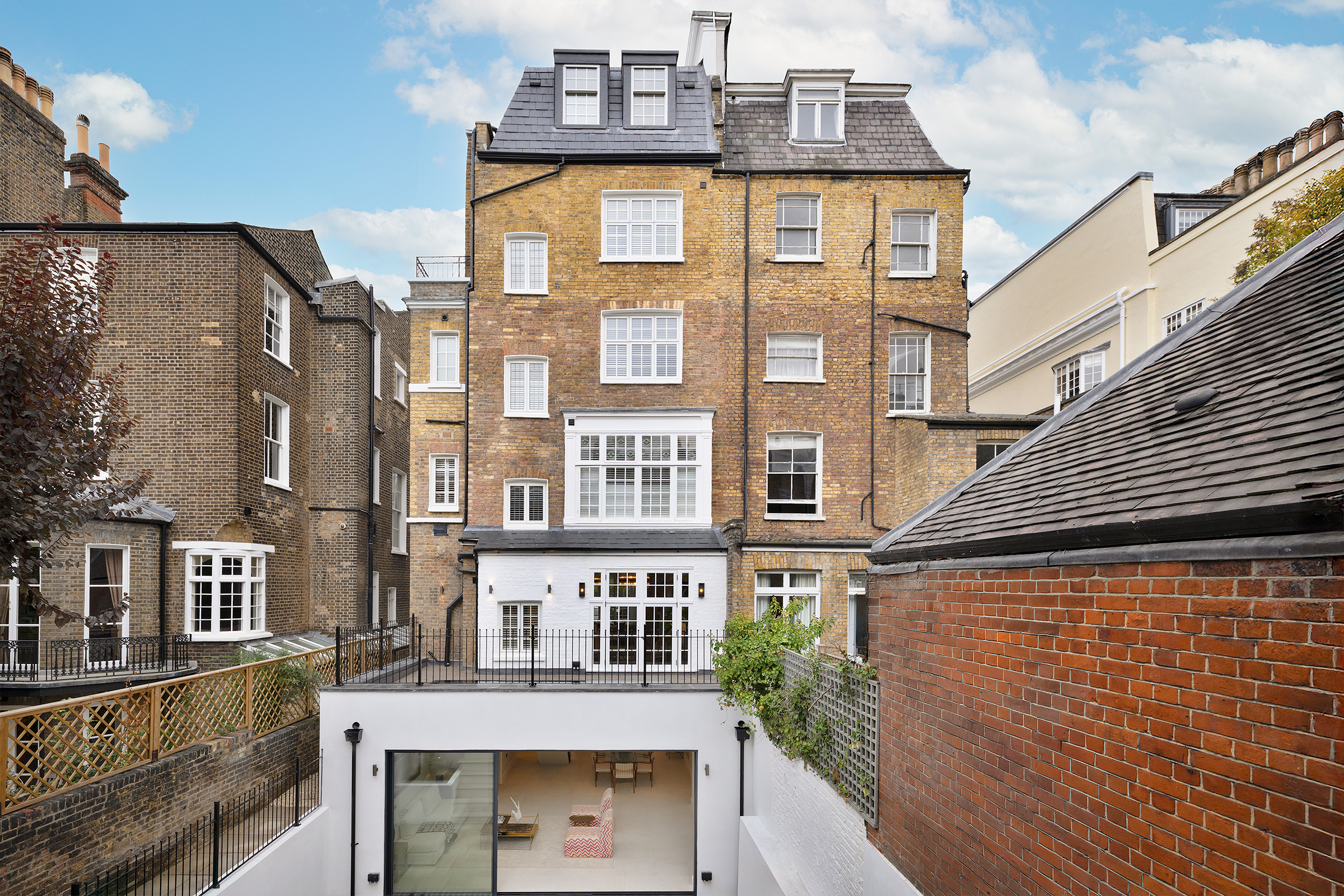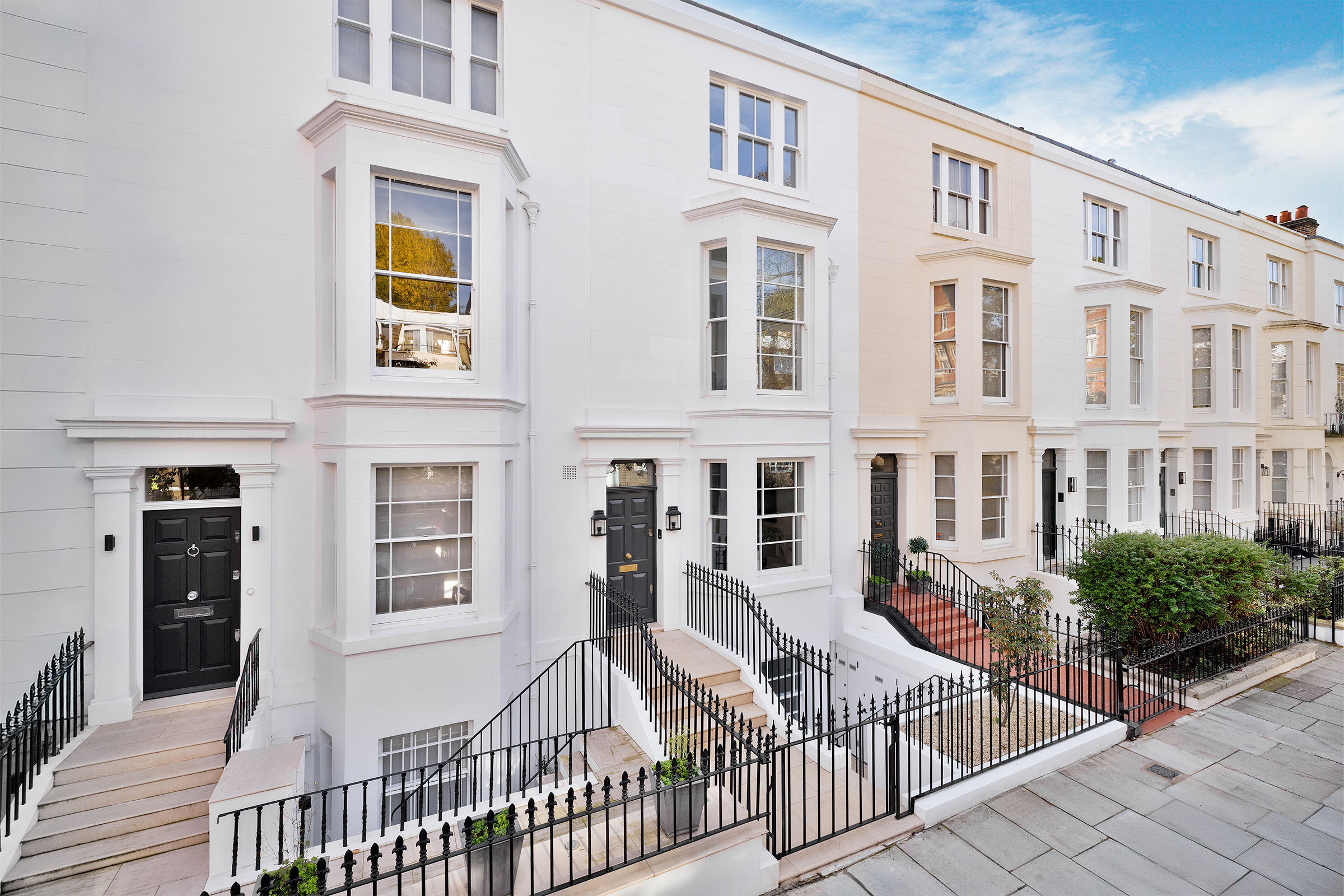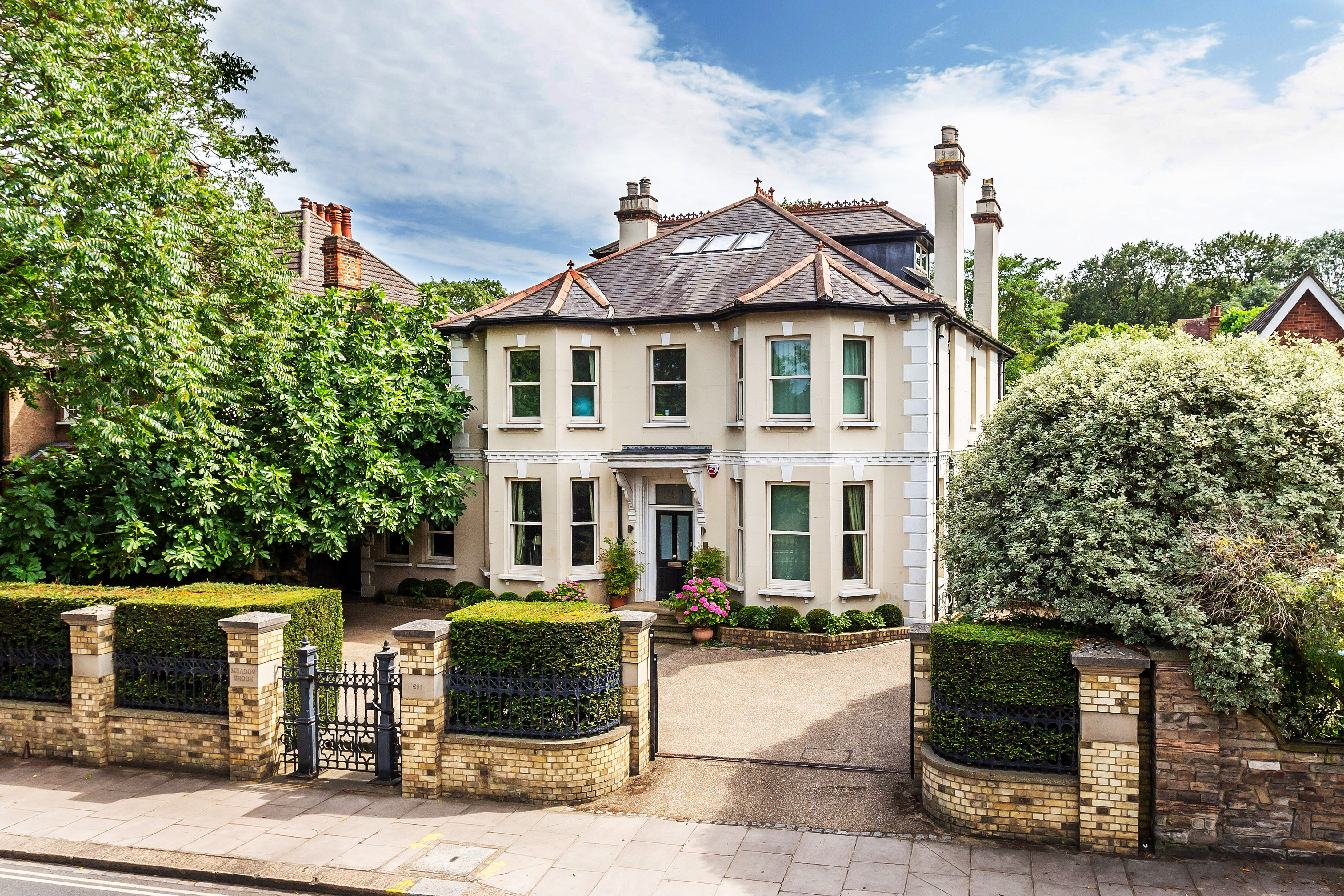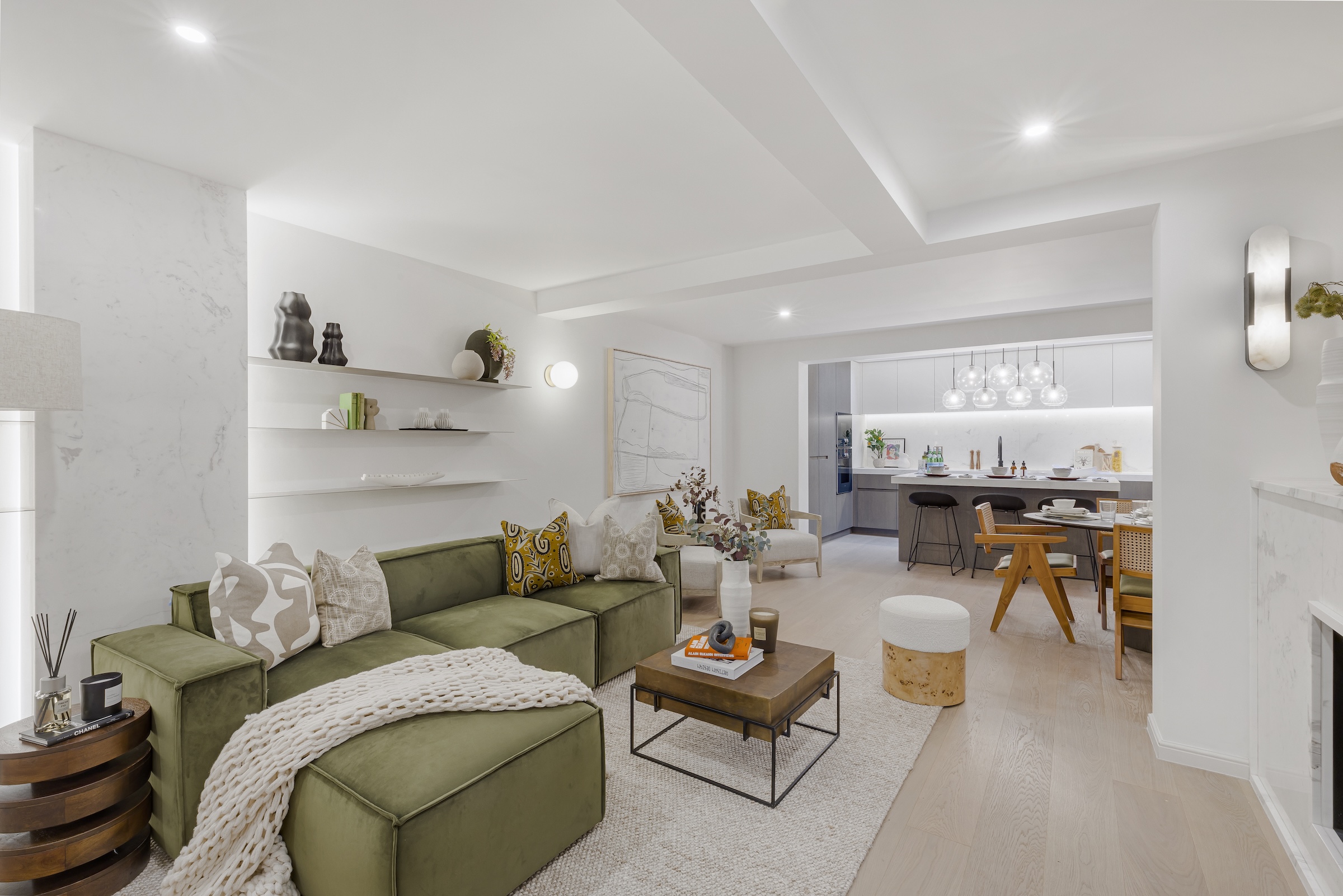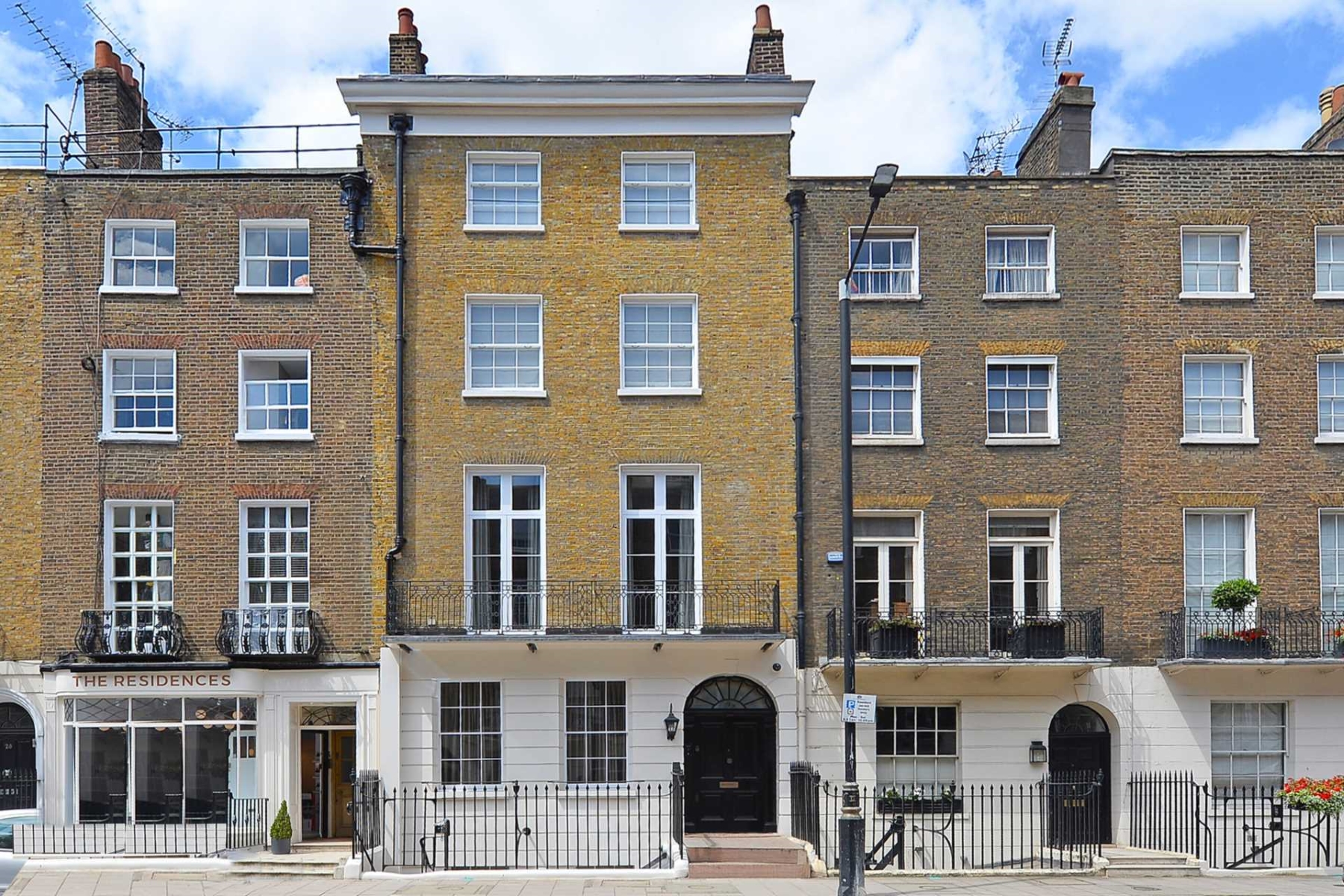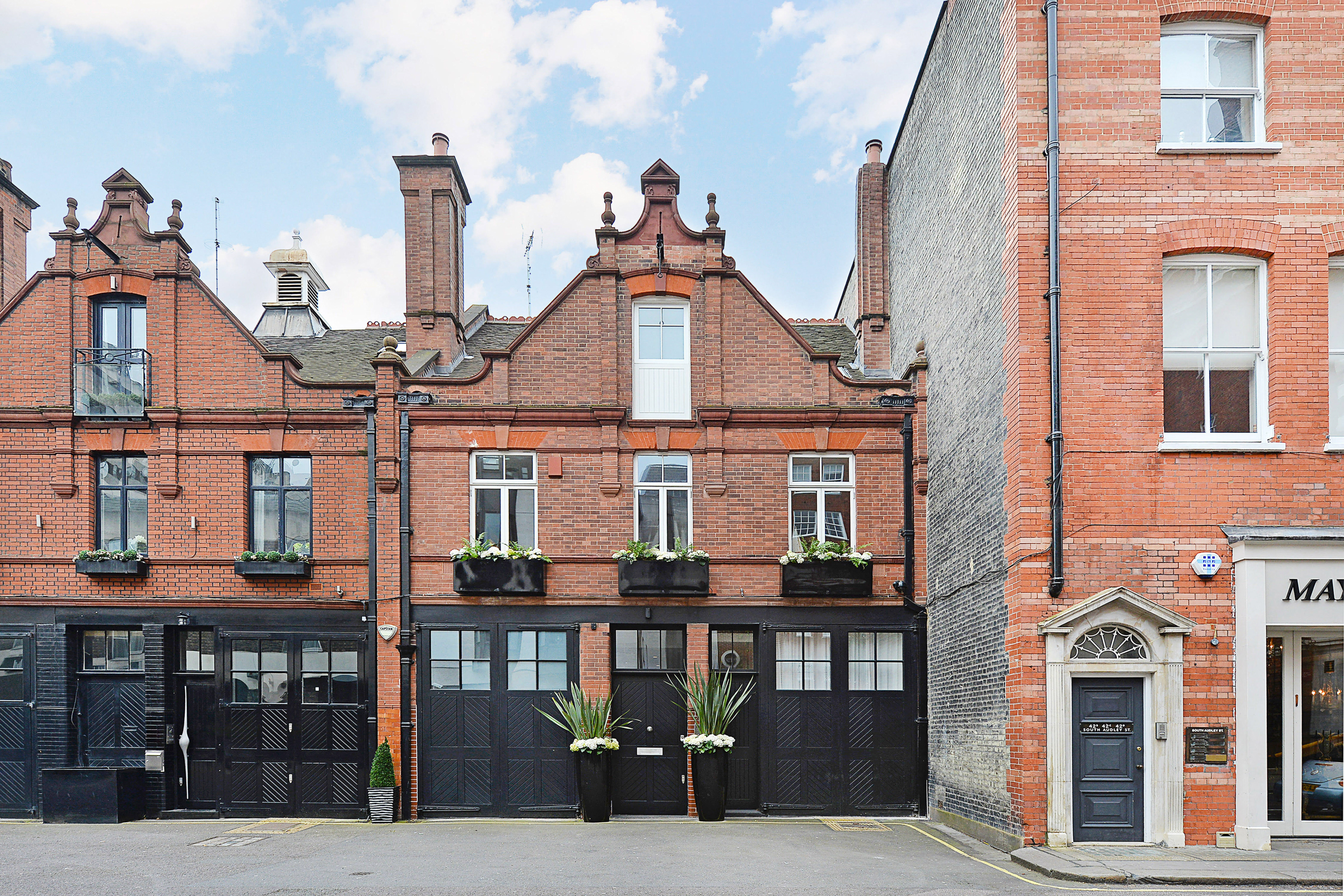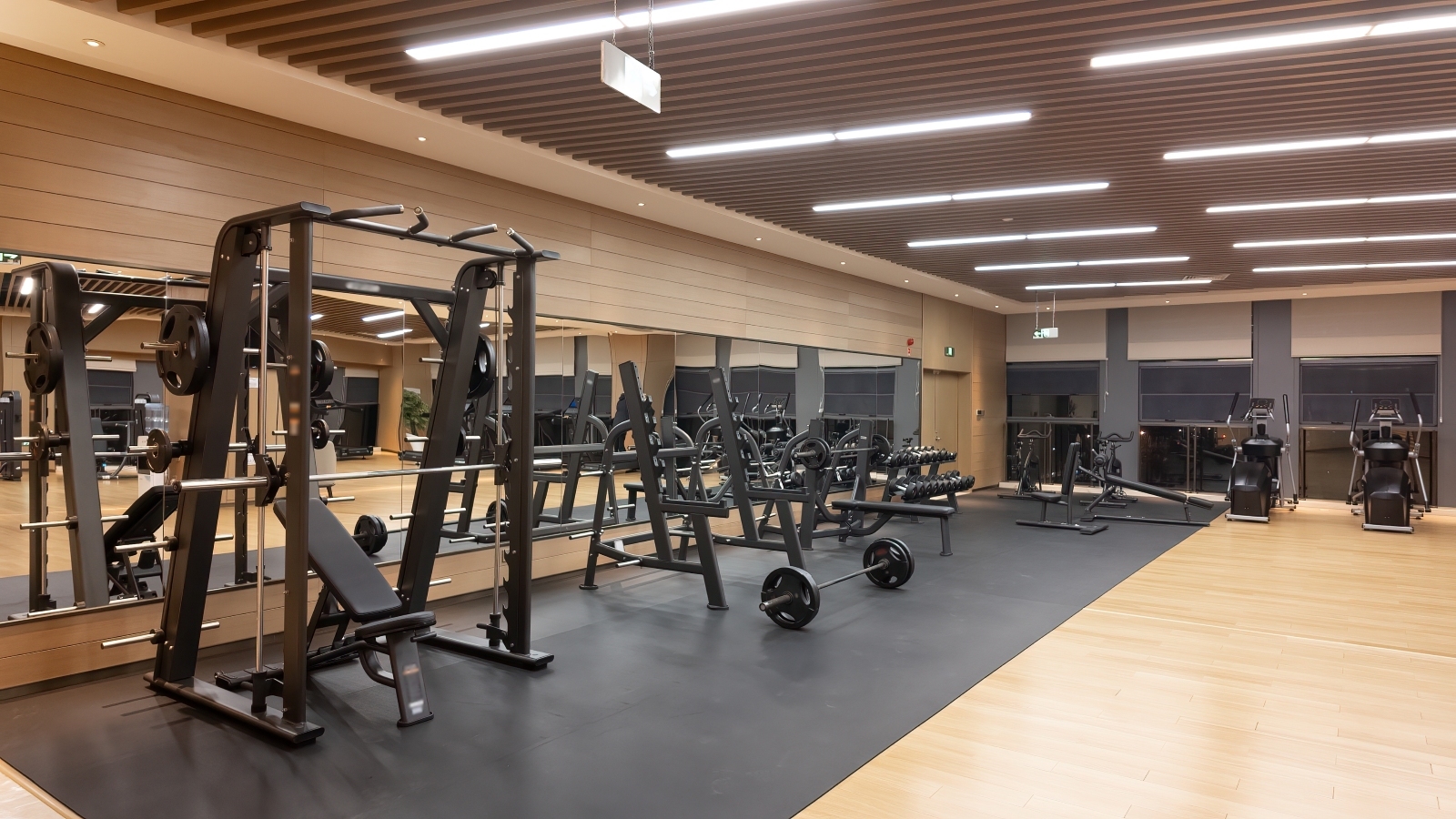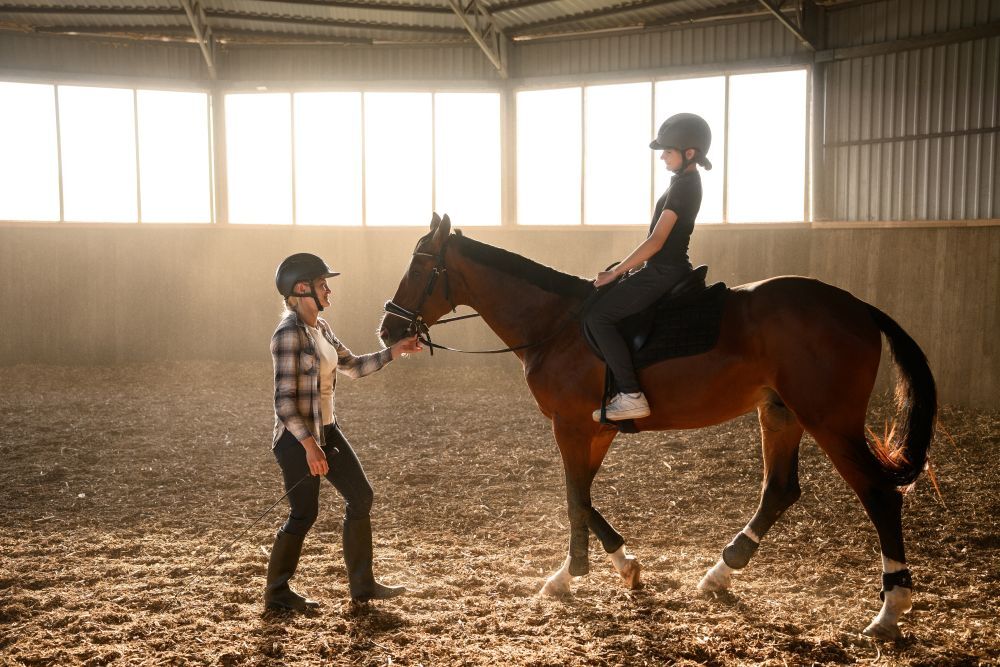Best Questions to Ask when Viewing a House
Buying a house is most likely one of the most significant investments you’ll make, as well as being an important decision for the life and future you’re hoping to build. It’s essential you have all the information you need to make a considered assessment and decision as to whether the property is the right fit for you and your circumstances, both now and into the future. You need to consider whether the property is a good investment, what the location has to offer, whether any major renovation is required, how feasible it is you’d be able to carry out the necessary work on the property, and whether anything problematic could arise to impact the suitability of the home. Equipping yourself with the need-to-know information upfront can help to reduce the chances of setbacks and surprises along the way.

Whether you’re a first-time buyer or it’s been a while since you last went through the process, we’ve compiled all the useful questions you should ask when viewing a house to make sure you have everything you need to make the right decision.
How long has the property been on the market and has the pricing changed?
It’s useful to get an indication of demand for the property upfront, as this alone can be telling. If it has been on the market for three months or more, ask your agent the reasons this might be the case. Perhaps the price point is too high in the current market, or it could be an indication of other issues that other potential buyers spotted somewhere in the buying process that caused them to pull out of the transaction. If the property has been on the market for some time, it’s also advisable to ask whether it has always been listed at the same price. Not only does the answer hint towards the agent’s expectations for the property, but if the price has remained the same for some time, it could indicate that the buyer might be open to a lower offer. However, if the asking price has recently been reduced, they’re possibly less likely to accept a lower offer.
Also Read: What Are the Costs of Selling a House
Has the property had many viewings or offers?
This is a good way to gauge interest and gives you more context as to the property’s time on the market. They should be able to give you an indication of the activity around the property and how quickly you might need to move if you’re interested, don’t be afraid to ask the value of any previous offers too. Simply having this context can inform your next step and get you closer to the best outcome.
Why are the previous owners moving on?
Whether they’re wanting to upsize or downsize, move for work, pursue a change of lifestyle – or there’s something else at play – questioning the reason behind the move can help you understand the bigger picture and reveal any potential off-putting issues. Finding out how long the current owners have lived in the property can be similarly telling. If they haven’t been in the property long, it could point to some significant issues that could be a deal-breaker for you too. Sellers are legally obliged to disclose any disputes with neighbours, but there could be other factors behind the move that you need to be aware of and factor into your decision. It’s also worth finding out whether the sellers are in a chain, as this may make you more susceptible to delays or complications. This information is usually included in the listing, but learning more about the sellers and their next steps can give you an indication of whether they intend to move quickly.
Also Read: Process of Putting an Offer on a House
Is the property listed or in a conservation area?
If the property is listed it can limit the changes you can make to the property externally, and sometimes internally too. Similarly, there can be limits imposed if the property is within a conservation area, with restrictions on building work to preserve the history, architecture or aesthetics of an area. This can prevent renovation work so it’s always worth establishing upfront so you can weigh up the pros and cons.
Is the property freehold or leasehold?
This should be outlined clearly in the property listing but is another important factor to establish upfront. While freehold means you own the property and the land it’s built on, leasehold typically means you own the property for a set period but not its land, which could have some implications on your plans for the property and costs further down the line. In this case, establish how long is left on the lease. Only a few years means it will need to be extended, most likely during your ownership, resulting in significant upcoming costs and potential complications. Another consideration is the remaining lease term when it comes to reselling – a short term can also reduce the value of the property. When considering the purchase of a leasehold property, it’s worth establishing if there’s a possibility of buying the freehold, or a share of it, and learning about the relationship with the management company – whether there are any existing issues, preferred method of communication, and whether there are any service fees involved.
Also Read: What Is Stamp Duty For
Has the property had any major renovations or development work?
Structural surveys will give you all the need-to-know information about prior renovation work, but asking upfront or early in the viewing process can alert you to any major issues and help inform your decision, without incurring any legal or surveyor costs. Find out what has been done, when, by who, and whether there are any warranties available for items in the home, such as new kitchen units. It’s also important to extend your questioning to the surrounding area, and whether there are any developments scheduled close by that might impinge on your view or space.
What’s the area like?
While you can usually change or upgrade a property, you can’t do much about the area it’s based in. Ask about the general demographic in the surrounding area, the range and quality of schools available (if applicable), the crime rate, any previous instances or risks of flooding, as well as its proximity to important amenities and transport links. While you’ll do your own research, being able to pick the brains of a knowledgeable agent or resident is a quick way to find out if the area fits your lifestyle and requirements.
Also Read: Average Time to Sell a House in UK
Essential garden checklist
Asking which direction the outdoor space faces might not seem like a priority when weighing up a property, but it can make all the difference as to how much sunlight you’ll get and when. This is usually less significant with a larger garden as you have more room to position your seating and shade throughout the day. It’s also key to establish the boundaries of the property to understand what you’re getting for your money and which areas you have responsibility for upkeep. If there are sheds or greenhouse in the garden, don’t forget to ask whether they’ll be staying or moving with the current owners – and the same goes for important utilities and fixtures and fittings within the house.
Moving house can be long, complex and costly, but arming yourself with the important information upfront is key to help you make the right decision and increase the likelihood of a smooth-sailing process. Your estate agent’s knowledge and experience will be invaluable, so don’t be afraid to lean on them as much as you need to set yourself up for success.
Eldon Road, Kensington
- 4
- 6
- 3,961 SQ.FT.
West Heath Road, Hampstead
- 5
- 5
- 5,691 SQ.FT.
Gloucester Walk, Kensington
- 4
- 5
- 3,150 SQ.FT.
Pavilion Road, Chelsea
- 4
- 3
- 2,422 SQ.FT.
Sheen Road, Richmond
- 5
- 5
- 4,332 SQ.FT.
Montagu Mews South, Marylebone
- 3
- 4
- 1,894 SQ.FT.
Montpelier Square, Knightsbridge
- 4
- 5
- 4,711 SQ.FT.
Sloane Court East, Chelsea
- 3
- 5
- 2,723 SQ.FT.
., Belgravia
- 5
- 6
- 6,773 SQ.FT.
Adam's Row, Mayfair
- 4
- 4
- 3,834 SQ.FT.
